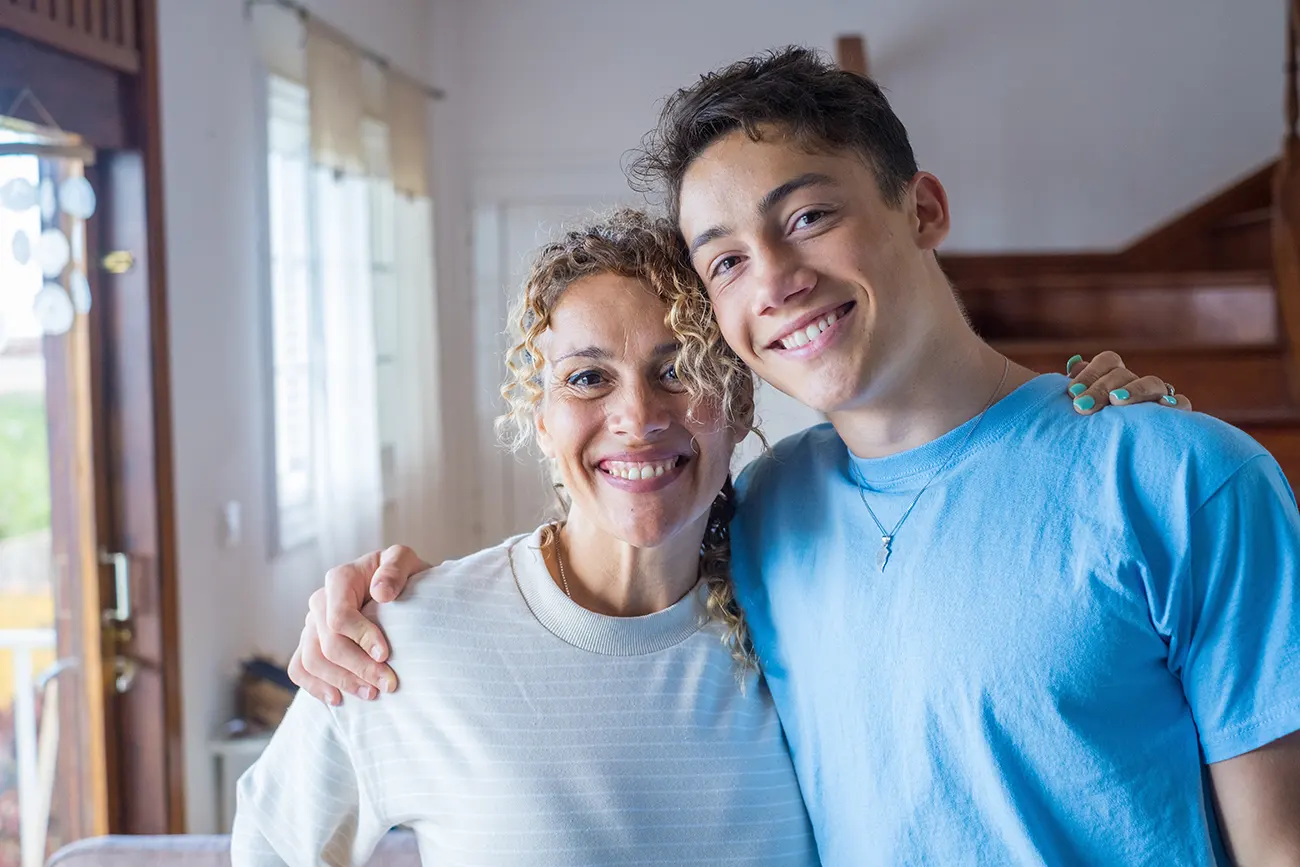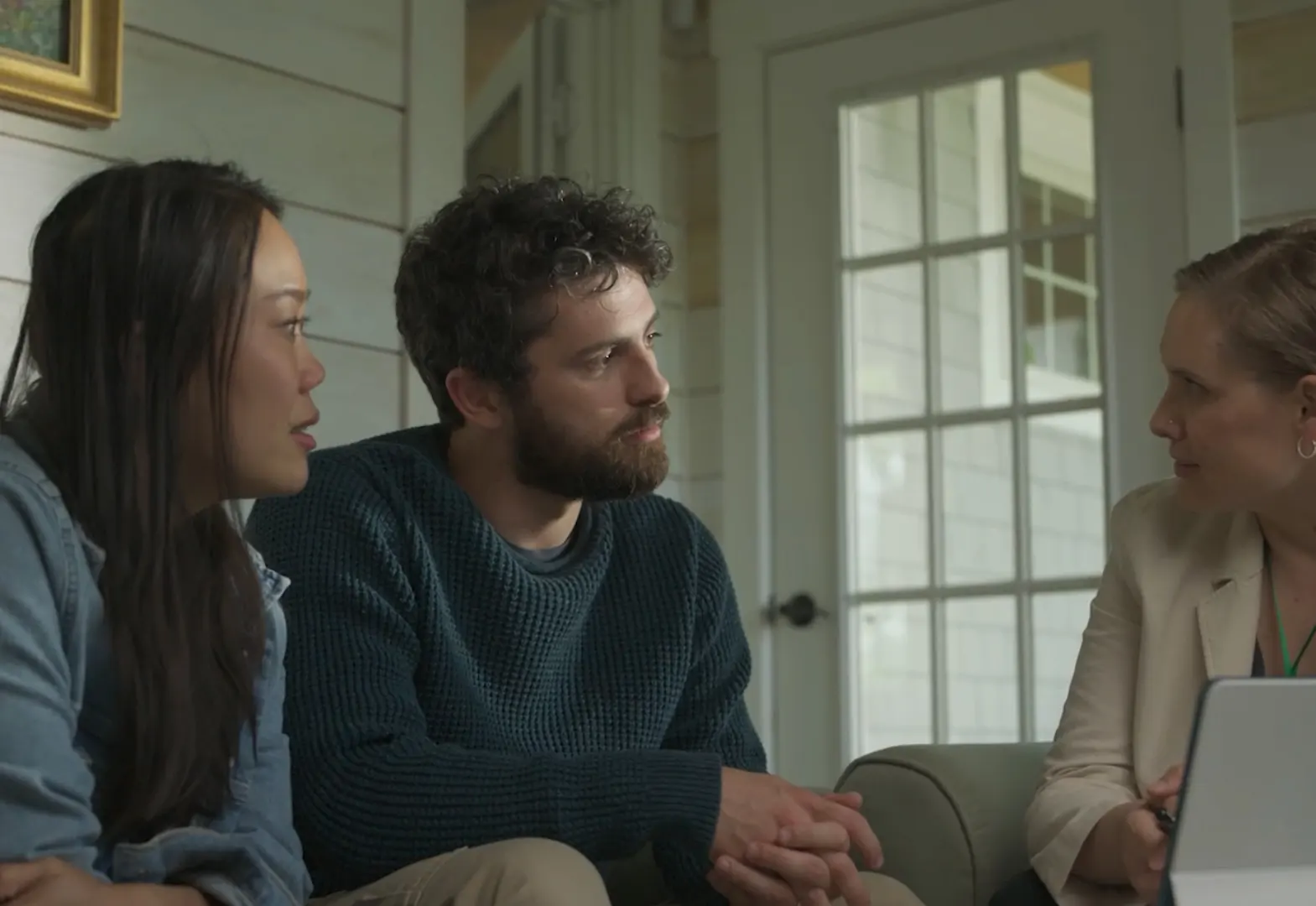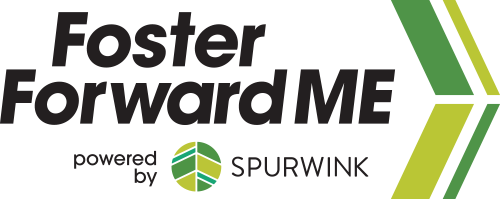Foster Forward Maine
Kids should live in homes, not institutions.

Our Program
Foster Forward ME (FFME), powered by Spurwink, is a Therapeutic Intensive Home program that utilizes the proven Treatment Foster Care Oregon (TFCO) model.
TFCO was developed as an alternative to institutional, residential, and group care placements for children and youth with severe emotional and behavioral disorders. Multiple randomized trials confirm a number of positive results.
Foster Forward ME is Maine’s first Therapeutic Intensive Home treatment program, designed for youth ages 12 to 17. It’s built around a comprehensive, team-based model where each placement is supported by a dedicated team available 24/7.

Foster Forward ME Youth
Placements in FFME are typically 9 months and rely on intensive, well-coordinated, multi-method interventions. These interventions are conducted in the FFME home, with the youth’s long-term or permanent discharge home, and with the youth, focusing on both community and academic support.
Why Foster Forward ME?
FFME focuses on five key areas: (1) a consistent, reinforcing environment with mentoring and encouragement; (2) daily structure with clear expectations and specific consequences; (3) a high level of youth supervision; (4) limited access to problem peers along with access to prosocial peers; and (5) an environment that supports daily school attendance and homework completion.

Consistent Reinforcing Environment
Daily Structure
Supervision
Promote Prosocial Peers
Support School Success
Trusted
Endorsements
Referrals are typically received from child welfare and mental health case workers. Children referred to TFCO-C are between the ages of 7 and 11 and in need of an out-of-home placement due to serious emotional, behavioral or mental health problems.
Information and evidence provided by Treatment Foster Care Oregon (TFCO).
- Coalition for Evidence-Based Policy: TOP TIER
- Crime Solutions: EFFECTIVE
- SAMHSA: 2.8-3.1
- Blueprints: MODEL
- OJJDP Model Programs: EFFECTIVE
Evidence Based
Science Matters
Benefit-Cost Summary Stats Per Participant
- Taxpayers
- Participants
- Others
- Indirect
- Benefit Minus Cost
Benefit Minus Cost
$31,092
Benefit to Cost Ratio
$4.29
Chance the program will produce benefits
90%
Benefit/Cost Ratio
+4.29
Chance Program Will Produce Benefits Greater than Cost
90%

Research Conclusions
The TCFO Model Has Proven To:
- Prevent or reduce the number of days in institutional or residential settings
- Prevent the escalation of delinquency, youth violence and pregnancy
- Increase positive academic engagement
- Reduce placement disruptions
- Increase attachment
- Improve brain stress regulatory systems
Join The Team
Why FFME?
- Individual Services
- Custom Implementations
- Evidence-Based Results
- Financial Compensation

JOIN THE TEAM
Become an FFME Parent
To learn how you can become an FFME parent or having any questions, contact us for more information.
